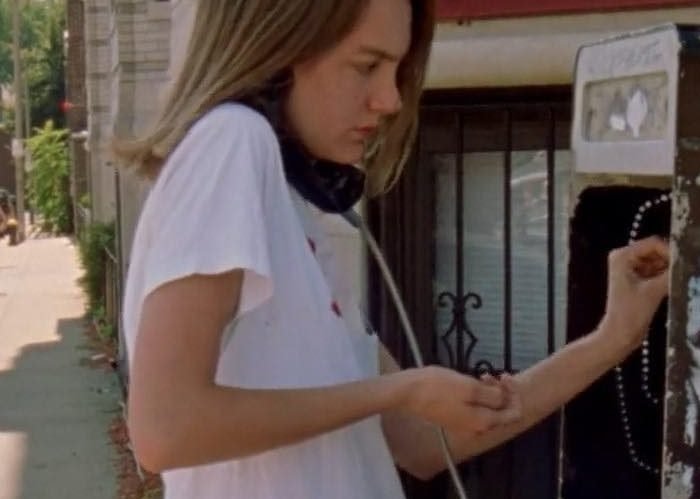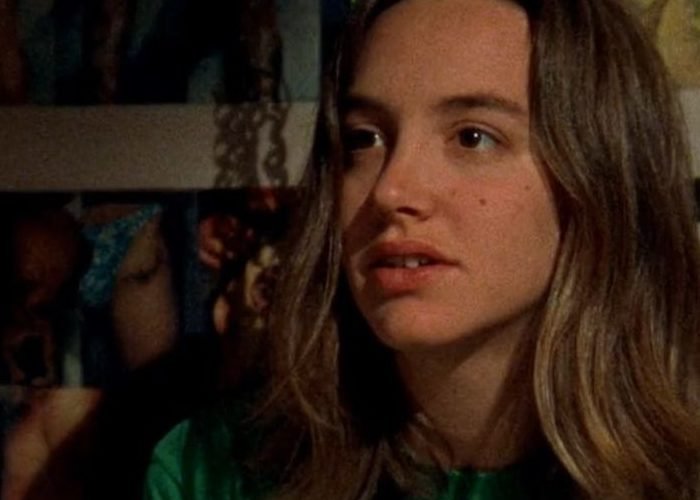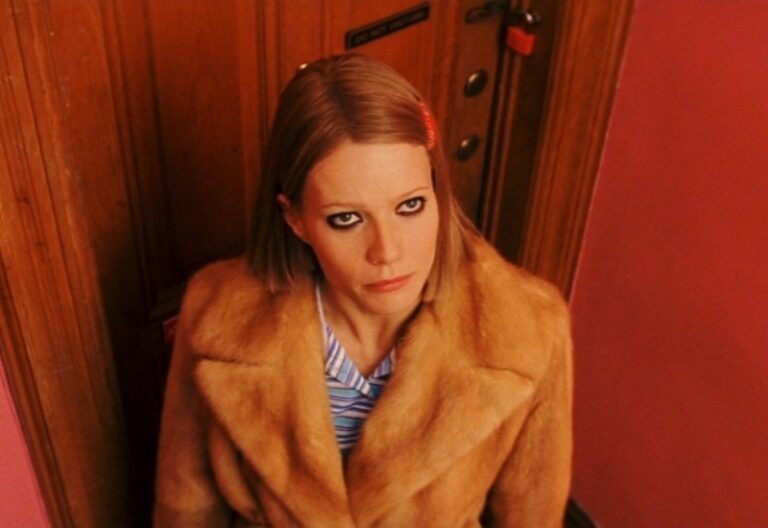mumblecore
est. 2002 – now
In the ever-evolving landscape of cinema, there were movements that challenged the glitz and glamour of Hollywood and opt for a more authentic, unscripted approach. One such movement that has captured the hearts of cinephiles and filmmakers alike, Mumblecore, is characterized by its emphasis on naturalistic dialogue, non-professional actors, and the exploration of the – mundane.
Published by: CinemaWaves Team | Filed Under: Film Movements
Origins of Mumblecore
The advent of affordable digital filmmaking equipment in the early 2000s played a pivotal role in the creation of Mumblecore. Filmmakers, armed with handheld digital camera and editing software, were capable of producing films with minimal, micro, budgets. This democratization of film production allowed storytellers with limited resources to enter the film industry.
Post 9/11 era witnessed a cultural shift in the United States, marked by a collective reevaluation of societal values, and a turn toward more introspective storytelling. Mumblecore, with its focus on personal relationships and the uncertainties of early adulthood, mirrored this cultural shift.
As the preceding movement Dogme 95, it emerged as a rebellion against the conventional norms of mainstream cinema. Characterized by a rejection of polished scripts, big-budget aesthetics and star-driven narratives, pioneers of Mumblecore sought to capture the essence of everyday life. John Cassavetes, the godfather of the independent film and the New Hollywood movement, known for his raw and unfiltered portrayal of human relationships, also served as a significant influence on the movements aesthetic and philosophy.


Characteristics of Mumblecore
One of the defining features is its commitment to naturalistic dialogue. Characters engage in conversations that mimic real-life speech, including pauses and stammers. This unpolished approach adds an authentic and relatable quality to the films. Many scenes involve improvised dialogue, allowing actors to react organically to the unfolding narrative, which contributes to the sense of spontaneity and realism in the performances. Plots often revolve around the everyday experiences and personal struggles of the characters, focusing on their emotional journeys.
Those films regularly explore the experiences of young adults navigating the uncertainties of relationships, work and self-discovery. The characters grapple with themes of identity, love and the challenges of transitioning to adulthood.
Films are typically produced on micro budgets relying on a small cast and crew. The DIY ethos extends to the filmmaking process itself, embracing imperfections and a lo-fi aesthetic.


Important Mumblecore Films
and Filmmakers
Credited as one of the pioneers of Mumblecore, Andrew Bujalski‘s films are characterized by their naturalistic dialogue and focus on everyday moments. His debut feature, “Funny Ha Ha” (2002), is considered a cornerstone of the genre for its exploration of post-college uncertainty and interpersonal relationships. Bujalski’s subsequent works, such as “Mutual Appreciation” (2005) and “Computer Chess” (2013), continue to reflect his interest in capturing the nuances of human interaction with wit and authenticity.
Before gaining widespread acclaim with her HBO series “Girls,” Lena Dunham made a significant mark in Mumblecore with her semi-autobiographical film “Tiny Furniture” (2010). Directed, written, and starring Dunham herself, the film explores themes of self-discovery and coming-of-age through a lens of humor and vulnerability. Dunham’s ability to blend personal storytelling with sharp social commentary resonated with audiences and marked her as a distinctive voice within independent cinema.
Initially known for her acting roles in Mumblecore films like Joe Swanberg’s “Hannah Takes the Stairs,” Greta Gerwig later transitioned into writing and directing with notable success. Her collaboration with Noah Baumbach on “Frances Ha” (2012), which she co-wrote and starred in, solidified her reputation as a filmmaker capable of capturing the complexities of modern life with humor and sensitivity. Gerwig’s subsequent directorial efforts, including “Lady Bird” (2017) and “Little Women” (2019), have generated critical acclaim and further cemented her status as a leading voice in contemporary cinema.

Legacy and criticism of Mumblecore
Mumblecore, despite its grassroots origins, has achived both praise and criticism. Supporters appreciate its authentic portrayal of everyday life, and its ability to capture the subtleties of human interaction.
Critics, on the other hand, argue that the intentionally unpolished aesthetics and meandering narratives, can feel alienating for some viewers. While the term itself may not be as prevalent in contemporary discussions, the influence can be seen in the continued popularity of character-driven, low-budget independent films.
Filmmakers inspired by this film movement continue to explore relatable, authentic narratives, shaping a cinematic landscape that values genuine human experiences over spectacle. Mumblecore has left a great mark on independent cinema, reminding us that sometimes, the most sincere stories are found in the everyday moments that make up our daily lives.
Refer to the Listed Films for the recommended works associated with the movement. Also, check out the rest of the Film Movements on our website.
American eccentric cinema is a distinctive style of filmmaking that surfaced in the late 20th and early 21st centuries, characterized by its quirky characters, whimsical…
In the late 1960s and throughout the 1970s, until mid 1980s, a cinematic revolution unfolded in Hollywood that would forever change the landscape of the film industry. American New…
A loosely defined, unconventional, movement of Greek cinema that surfaced in the late 2000s as a response to the country’s economic and social challenges. Characterized…
Auteur theory is a critical framework in film studies that views the director as the primary creative force behind a film, often likened to an “author” of a book. This theory suggests…
Independent film, often called indie film, is produced outside the major studio system. Its roots can be traced back to the early 20th century, when filmmakers began seeking…
The studio system was a dominant force in Hollywood from the 1920s to the 1950s. It was characterized by a few major studios controlling all aspects of film production…






